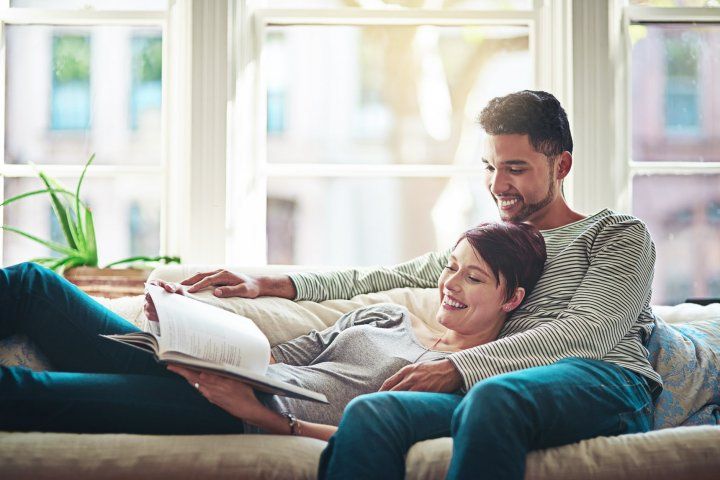Feeling Anxiety About Coronavirus? A Psychologist Offers Tips to Stay Clearheaded

As cases of the novel coronavirus infection, COVID-19, increase across the U.S., many people may be feeling anxious.
We spoke to UC San Francisco psychologist Elissa Epel, PhD, who studies stress, about the difference between anxiety and panic, and steps you can take to prevent panic and be prepared.
Some anxiety is normal, but our anxious minds can easily go into panic mode
“The good news about the widespread anxiety is that it is fueling big changes fast—many people in affected areas are being very careful to limit exposure. Anxiety fosters prevention and safeguarding behaviors. Prevention reduces anxiety,” said Epel
“However, when threats are uncertain, such as the current coronavirus situation, our anxious minds can easily overestimate the actual threat and underestimate our ability to cope with it.” Epel noted that people with pre-existing anxiety conditions are particularly vulnerable.
"While some anxiety helps us cope, extreme anxiety can become coronavirus panic. When we are in a panic state, we suffer, we stress out our children, we are more likely to make mistakes and engage in irrational decisions and behavior,” said Epel. Panic can create new problems, such as overbuying that creates supply chain shortages of masks and sanitizers, and xenophobia toward certain groups.
Keep in mind that your anxiety influences those around you, said Epel. “Too much anxiety creates emotion contagion and spreads panic. That’s not helpful.”
Children will naturally have questions about the coronavirus, said Epel, and she pointed to resources to help you talk to your children and help them manage their own anxiety.
Limit media exposure and stick with reliable sources
“It’s tempting to check for updates, but checking several times a day can keep us in an escalated state of anxiety,” said Epel. “We then easily transmit that type of exaggerated anxiety to our children and those around us.” Focusing on catastrophic thoughts and predictions, especially given the examples on social media, can fuel panicky feelings.
Instead, she advises sticking to reliable sources of coronavirus information such as the U.S. Centers for Disease Control and Prevention (CDC).
Be informed about the key safety precautions, and be supportive to others, helping them think more calmly about it.
Reduce anxiety by reducing your risk
“Don’t feel silly or embarrassed about taking reasonable precautions,” said Epel. For example, follow the safety advice from the CDC, such as frequent handwashing; stay home if you don’t feel well; get enough sleep and take good care of your immune system. “Preparing a plan for the future, such minimizing exposure to large crowds, makes sense and can help reduce anxiety,” said Epel.
“During this uncertain time, it’s important to keep up your self-care routine, or even add something to it, to reduce your somatic anxiety, the anxiety we store up in our bodies,” said Epel. Consider what helps you most, such as taking a walk in nature, meditating, exercising, or talking to a friend.
“Make time to step back from screens, and make sure to connect with people about things other than just this issue,” said Epel.